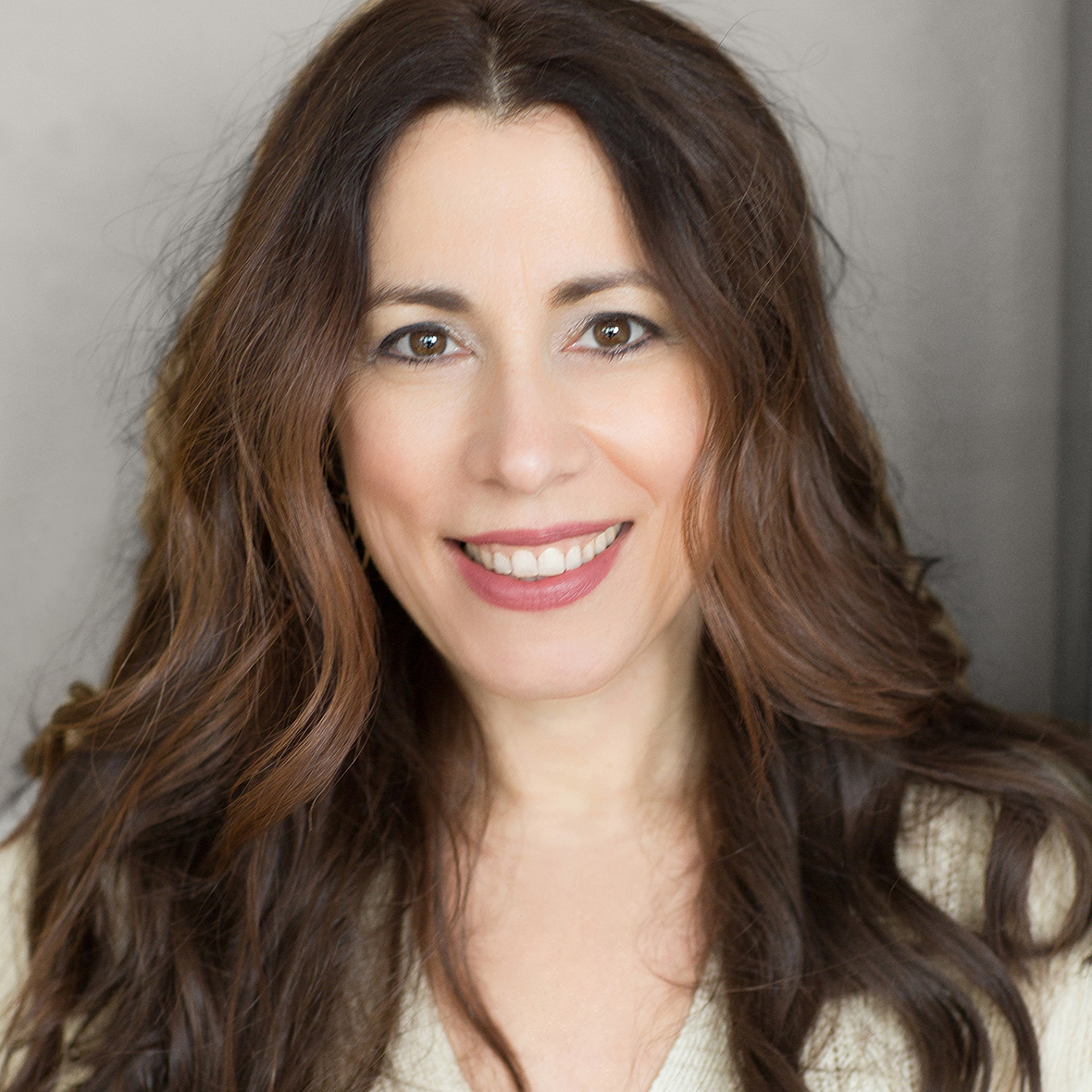What does it mean to doubt yourself? Experiencing self-doubt starts with recalling the past, including our relationship traumas, the mistakes we’ve made, and the relationships we observed in our upbringing. It convinces us that this relationship, too, will end. Whether you are dating and looking for love, in a new relationship or have been with your partner for years, Self-doubt can ruin your chances at having a fulfilling love life and create unnecessary fear, anxiety and pain.
Self-doubt is that gnawing inner negative self-talk that ignites feelings of low self-worth and lack of confidence. It creates a mindset that magnifies your personal flaws and downplays all your good qualities.
What self-doubt means is that you are spending way too much time in your mind, replaying your flaws, perceived past mistakes and ultimately, lowering your self-image and diminishing your confidence.
Why is self-doubt damaging?
When we regularly doubt ourselves, we block our ability to be our authentic self.
It’s hard to be confident, clear and strong with all sorts of negative thoughts spinning around inside. When self-doubt is left to run freely, it spirals out of control, making it hard to see a relationship for what it is or how it could evolve and allows self-sabotage to be in the driver’s seat.
The act of self-doubting yourself is so stealth that we don’t even notice when and how it’s seeds grow into big tall trees.
Fear and self-doubt go hand in hand
They are two of the most common roadblocks to success in a relationship. Self-doubt pops up and creates a misguided view of reality and makes us see things that may not exist.
How Self-Doubt leads to Self-Sabotage
Self-doubt is a form of self-sabotage. When we regularly doubt ourselves, we lack faith and confidence in our abilities, actions, and worth. It’s a belief that we aren’t good enough and are an imposter in our own lives.
Doubt is triggered when something in our life doesn’t go as planned or when it feels too good to be true―and we fall into the rabbit hole of comparison and negative self-talk.
While experiencing some doubt in relationships is healthy, it becomes problematic when it moves beyond a flicker and engulfs all your relationship thoughts. It creates a need for constant validation because of the lack of trust we have in ourselves.
When happy moments are overshadowed by the inner voice telling you that you don’t deserve to have it this good or question your value in the relationship, self-doubt has entered the danger zone.
It’s hard to move forward confidently with all the negative thoughts spinning around inside.
Whether you’re in a new relationship or have been with your partner for years, self-doubt left unmanaged can ruin a relationship that is otherwise stable and happy.
Your significant other may feel like they always have to reassure you to keep you from spiraling. Or explain themselves because of your lack of self-trust seeps into how you trust them.
When self-doubt is left to run freely, it spirals out of control, making it hard to see a relationship for what it is or how it could evolve.
It makes it hard to see ourselves for what we are and the unique qualities we bring to a relationship. Persistent self-doubt leads to anxiety and depression, which can have detrimental effects on self-esteem, connection, and health.
How to Overcome Self-Doubt
It’s not easy to accomplish, but it’s critical to stop the self-sabotage cycle you may be on.
To break the unhealthy habit of doubt and have a healthy relationship with others and yourself, you need to take back the power you give your uncertainty.
Recognize how much energy you’ve been giving to that emotion. Ask yourself if it is worth it when it’s taking away from your happiness and holding you back?
Here are a few habits to keep you on track as you work to empower yourself so you can give your best in your relationships.
Stop Apologizing
We have a terrible habit of apologizing out of politeness. If someone makes a mistake that affects us, why do we feel the need to apologize? Shouldn’t it be the other way around?
It’s a cycle that needs to stop because constant apologizing makes us feel like we have something to be sorry for. It adds to the self-doubt and inner conflict. It carries into our personal lives and relationships.
Be polite, yes. Be assertive about what you want and what you need from your partner. But don’t apologize just by habit.
Identify Moments of Self-Doubt
Don’t brush off the feeling when you begin to feel an edge of uncertainty. It’s essential to recognize the moments when you doubt yourself. Find a place to be alone and let it wash over you.
- What happened right before you started feeling this way?
- Did you and your partner get in an argument?
- Did you see another couple who seemed happy and started examining your relationship through a skeptical lens?
Be objective in your reflection and try to reframe the situation. Was the self-doubt amplifying something to be a much bigger deal than it was in reality? When we force ourselves to acknowledge our thoughts and feelings, we give ourselves more control.
Understand Your Triggers
Fear is the main culprit in self-doubt. Fear of failure, of not being perfect, of making the wrong decision…whatever you pair fear with will take hold and cause you to doubt yourself.
The fear of screwing up a relationship and being alone forever is enough to cause us to overanalyze every conversation, embrace, and argument between you and your significant other.
When you take that and fuel it with a comparison of other couples or your past, you light a fire of self-doubt that steals your happiness.
Choosing to reflect on the moments when we feel the most doubt, we can learn to pinpoint the triggers. When you’re a perfectionist, you may fall into a self-doubt pit when you feel out of control in a situation.
If you’re someone who fixates on an outcome that doesn’t happen, you may come down hard on yourself for failing. If you hate being in the spotlight, you may bash yourself every time you have to speak in front of people.
Figuring out your triggers is the first big win. Once you do that, you know the things to act on to learn to banish the negative thoughts you feel toward yourself that cripple your confidence.
Stop the Comparison
As people change and grow, relationships do as well. When a relationship doesn’t work out for whatever reason, it leaves scars and other impressions on who we are.
Time passes, and we occasionally forget about the negatives of past relationships. It becomes easy to romanticize over the right moments while blocking the things that caused a rift and caused you to part ways.
When things don’t feel right in new relationships, it’s easy to look back on old relationships with nostalgia and wistfulness.
“My ex-boyfriend used to buy me flowers and plan dates, and my new boyfriend never does. He must not think I’m not worth the effort.”
“My partner used to tell me they loved me, almost daily, and now, I rarely hear that. Maybe I’m not worthy of love, or I did something wrong…”
Although it’s human nature to do so, don’t compare current relationships to past relationships, both the good and bad, or imagine something that isn’t happening.
When you are continually looking at a relationship through the lens of an old one or old beliefs about yourself, you aren’t giving your relationship a fighting chance. And that isn’t fair to you or your partner.
It’s also easy, but dangerous, to continually compare your relationship to others. How happy another couple seems has no impact on your happiness. Acknowledge their joy, be happy for them, but let it go.
Focus on your partner and create moments where you are fully present, not thinking about how you match up.
Flex Your Communication Muscle
Communication is the answer to many relationship problems. But it can be hard to be vulnerable in admitting your feelings of self-doubt. Any person who is genuinely worth your time will be receptive and help you work through it.
Be upfront with your partner and talk out your moments of self-doubt.
Having a deep conversation also gives you a chance to ask questions you’ve been afraid of before. Leaning on each other and helping to hold each other accountable may bring you closer as a couple.
Open and honest conversations often lead to clarity about what each of you wants―that alone may be enough to shatter some of the self-doubts that you’re feeling. From this conversation, you may develop a deeper, more meaningful relationship, And that is what we all want, right?
When is self-doubt a good thing?
Doubt isn’t always bad. Sometimes, it’s an intuitive reaction to something that isn’t quite right. Questioning ourselves leads to reflection and a deeper understanding of what we want. Every time you doubt yourself in a relationship, there isn’t a cause for concern. It’s normal to ask ourselves questions to figure out which direction to take our lives.
- Am I in the right relationship?
- Will this go anywhere, or is he/she holding me back from where I want to end up? How compatible are we?
- Am I with this person because I just want to be with someone or because they genuinely make me happy?
Those types of questions are ones we need to ask to check-in with ourselves. The central theme is less questioning your self-worth and more examining the overall relationship.
Need Some Support?
If you’re ready to discover how to shift out of self-doubt, let’s talk!
As a Certified Life Coach, CPCC and Master Neuro-linguistic Programming Practitioner, MNLP, I can help you create confidence, clarity, boundaries and empower you to be your best self. Want to talk?
Schedule your free consultation
www.jacquelineneuwirth.com/contact
This is a great opportunity to say hello, get to know each other and we can talk about what’s holding you back in your life and figure out ways to stop self-doubt from ruining your life and adding extra stress, anxiety or overwhelm.


